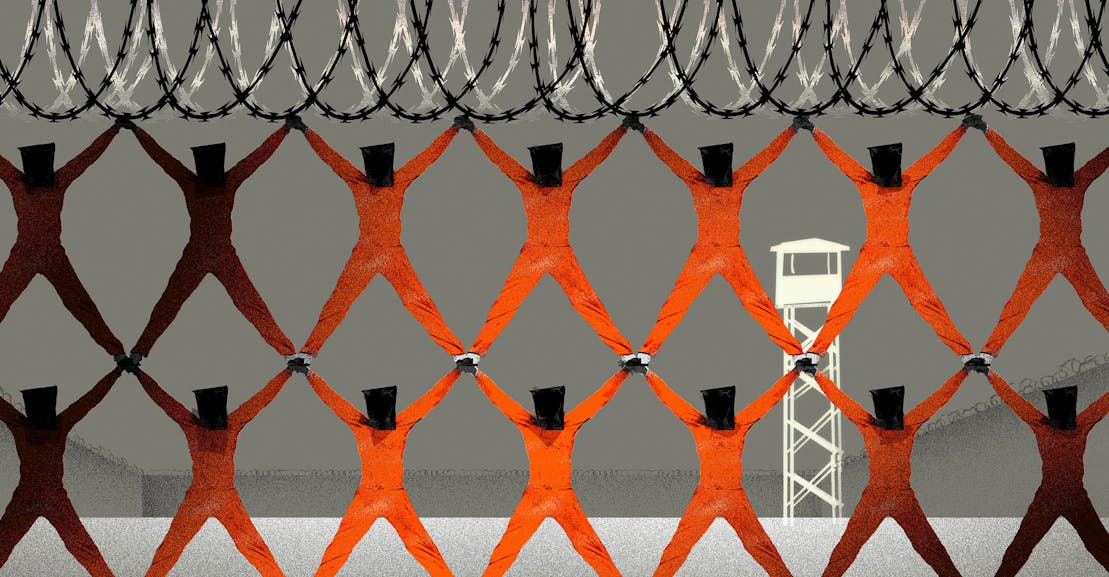The Endless Shame of Guantanamo Bay - 2 minutes read

Wilner met with the families in Kuwait, visited Amnesty International, and “learned more information that a lot of these people really may not be the right guys,” as he later put it. He discovered that bounties were being offered in Arab and Muslim countries to anyone who turned over individuals to the United States, even if evidence of any wrongdoing was scant. Such a process was a recipe for abuse. Wilner and his team filed a lawsuit demanding fundamental due process rights for his clients. The right to have lawyers, hear evidence against you and challenge it, have contact with your family, get a fair hearing—these elementary human rights were denied to the nearly 800 individuals total who were taken to GTMO at one time or another.
Wilner became obsessed with the case, the fundamental un-American nature of the prison, and the public’s compliance, if not outright support, for its illiberalism. In June 2004, the U.S. Supreme Court ruled that Wilner’s clients had due process rights. “I thought we’d won, everyone thought we’d won,” he recalled. He assumed everyone at GTMO would finally get a fair hearing, even if it meant some detainees would remain there because they were indeed terrorists. But the government argued that the prisoners were not entitled to constitutional protections because they were foreigners outside the United States. Wilner returned to court to argue that constitutional rights weren’t required to merit due process.
Meanwhile, in 2006, a successful lawsuit filed by the Associated Press uncovered thousands of pages of government documents relating to GTMO. Andy Worthington was then a freelancer in London, writing books about Stonehenge and protests at the ancient monuments. His work familiarized him with court rulings and the judicial system. When the AP published the documents, Worthington figured that reporters at a prominent U.S. newspaper would use them to identify the detainees’ identities. But that didn’t happen, and he realized he knew how to do it. He approached a left-wing publisher in the U.K. and spent the next 14 months establishing who exactly was at GTMO. “I was able to work out that nobody was actually captured on the battlefield,” he said. Most detainees were just fleeing the chaos that was Afghanistan in late 2001 and early 2002. Some were bad guys, but few were high-level terrorists.
Source: The New Republic
Powered by NewsAPI.org